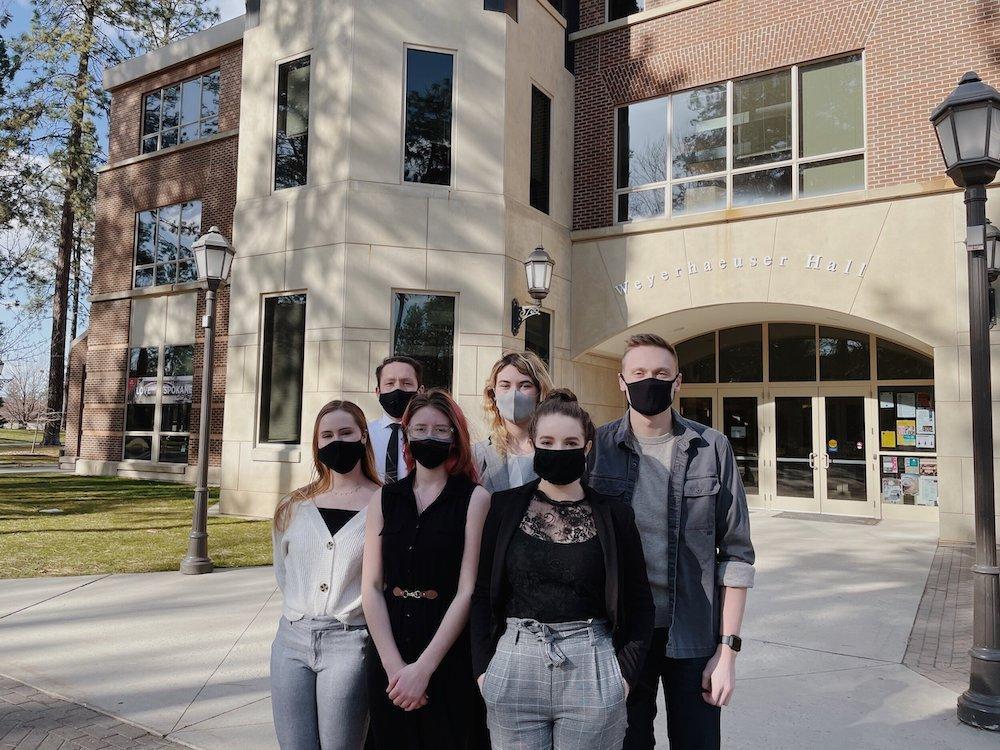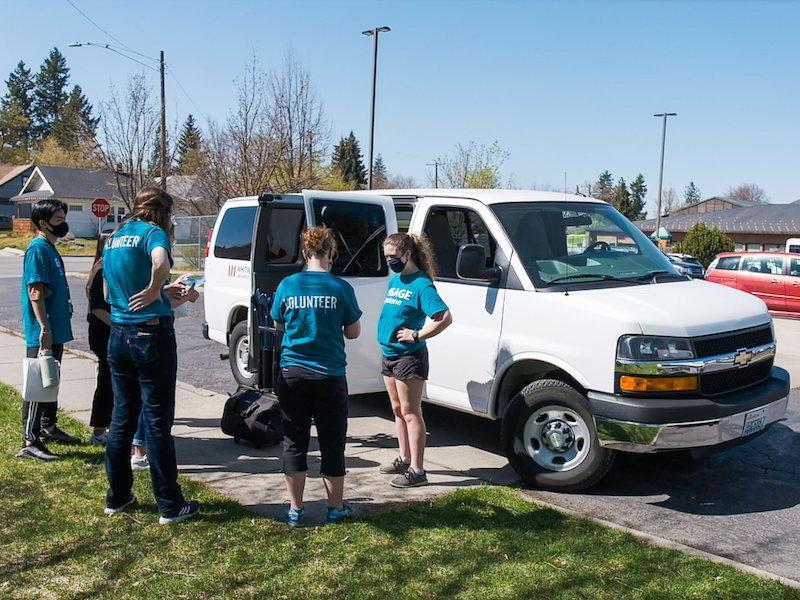With the controversial Referendum 90, which calls for comprehensive sex education within K-12 public schools, on Washington’s 2020 ballot, conversations around sex education in schools and universities are resurfacing once again.
Rutgers International, a Netherlands-based center for sexual and human rights, describes comprehensive sex education as a “formal, effective sex education [which] can happen in or out of school, but it must always be based on fact. To be comprehensive it shouldn’t focus solely on sex and sexuality but emphasize the importance of forming healthy relationships.”
The topic of comprehensive sex education is disputed even at Whitworth, as a private Christian institution. Arguably, a negative implication of behavioral expectation, as outlined in Whitworth’s Student Handbook, is that it may decrease students’ opportunities to engage in healthy conversations regarding sexuality and relationships. Whitworth’s administration is caught between making sure that students are not breaking the “Big Three” and that they are able to speak openly about topics revolving around sex.
Rhosetta Rhodes, Whitworth University’s Vice President of Student Life and Dean of Students, recognizes this conflict. She stated that the issue is “how to provide sex education in the context of behavioral expectations” that are demanded by the school and required of its students. Campus clubs and organizations supported by the administration have been attempting to resolve this dichotomy.
The Generation Action club is an active player in advocacy and education concerning sex education and health issues on Whitworth’s campus. According to the president of the club, Emily Marvin, the club strongly advocates for mandatory comprehensive sex education on campus. This club has received backlash from the administration and the public at times, as some topics and themes promote safe sex – which violates cohabitation rules.
Although comprehensive sex education and sex education in general often begins in high school, one would be irresponsible to assume that everyone has received the same quantity and quality of education. According to the 2014 CDC School Health Profiles, fewer than half of high schools and only a fifth of middle schools teach all 16 topics recommended by the CDC as essential components of sex education.
Other campus organizations, such as HEAT, have stepped up alongside the Generation Action club to host campus-wide events throughout the year, focused on discussing sexual health and activity, such as last year’s Sex in the Dark. However, the Whitworth Health Center conducts annual, anonymous electronic surveys regarding sexual activity among seniors and last year’s results showed an increase in sexual activity among students, but a decrease in the use of contraceptives compared to previous years. This data is released for review to the administration with little access given to the students.
A change obviously needs to be made and more transparency concerning these issues among students and administration is necessary to keep everyone educated and safe. Students, staff, and faculty need to work together to create an environment of proactive sex education, discussion and learning.
A new, more collaborative method to present education and discussion around sexual health in a more intimate setting may encourage students to internalize and apply healthy views on sexuality and relationships.
Hosting monthly primetimes in residence halls wherein RAs, counselors and students get to explore these issues would be a great steppingstone to more in-depth sexual education. Students, counselors and the administration could work collaboratively to create a list of topics and themes that promote healthy communication skills, a basic understanding of human anatomy, and issues such as consent and boundaries – key features of beneficial sex education which do not infringe upon the behavioral expectations dictated by the Student Handbook.
Although these sex talks would be voluntary, meaning the attendance would fluctuate from month to month, the informality of such sex talks may foster more intimate and vulnerable conversations, as well as lasting change. Large, sex-related campus events that students often attend simply due to a requirement or extra-credit opportunity for class seem to have become less impactful. Therefore, a change in the structure and the environment in which sex education is discussed is vital.













 Spokane?
Spokane?